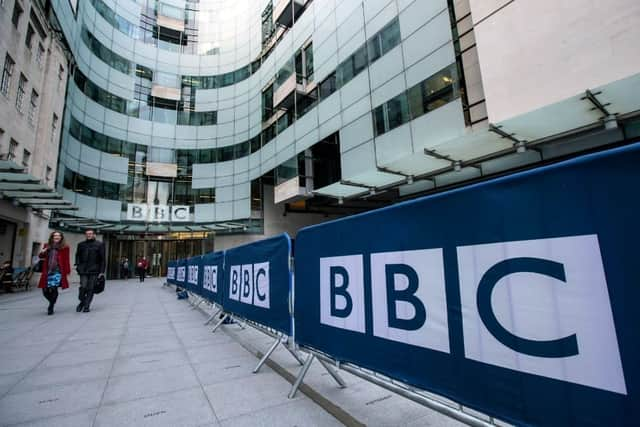BBC TV licence sales have dropped for the first time in a decade - here’s why


The number of people paying for a TV licence has fallen for the first time in a decade as streaming services such as Netflix continue to entice younger viewers.
The number of TV licences bought in 2018/19 dropped by 37,000, with the total number purchased at 25,927,000.
Advertisement
Hide AdAdvertisement
Hide AdUntil this year, the numbers had been steadily rising with more than a million more bought in 2018/19 compared to 10 years ago.
Licence fee evasion fell from around 7.04 per cent last year to 6.57 per cent, with an estimated 1.8 million evaders, costing around £270m in income to the BBC.
Changing TV habits to blame
The BBC put the decrease down to the changing habits of TV viewers in the UK, particularly with the continued growth of streaming platforms.
Companies such as Netflix, Amazon Prime, and Sky (Now TV) have seen huge customer growth in the last decade which the BBC believes has driven younger viewers away from its own channels and platforms.
Advertisement
Hide AdAdvertisement
Hide AdNetflix invested $15 billion in new content last year and has 10 million British subscribers - almost half the total number with a TV licence.
The BBC will continue to see pressure on its services rise as more and more streaming services start, with products due to launch from Disney and Warner Media in the next few years. The BBC and ITV have also agreed to host a joint streaming service called BritBox in attempt to piggyback on the success of Netflix.
BBC iPlayer views rise
A BBC spokesman said all broadcasters are facing challenges from the global streaming giants but said, “With 91 per cent of UK adults using BBC services at least once a week, the BBC is more than holding its own.
“We are doing better than ever on BBC iPlayer, where we have had 3.6 billion programme requests, up 10 per cent on last year.”
This story originally appeared on our sister site, the Yorkshire Evening Post.